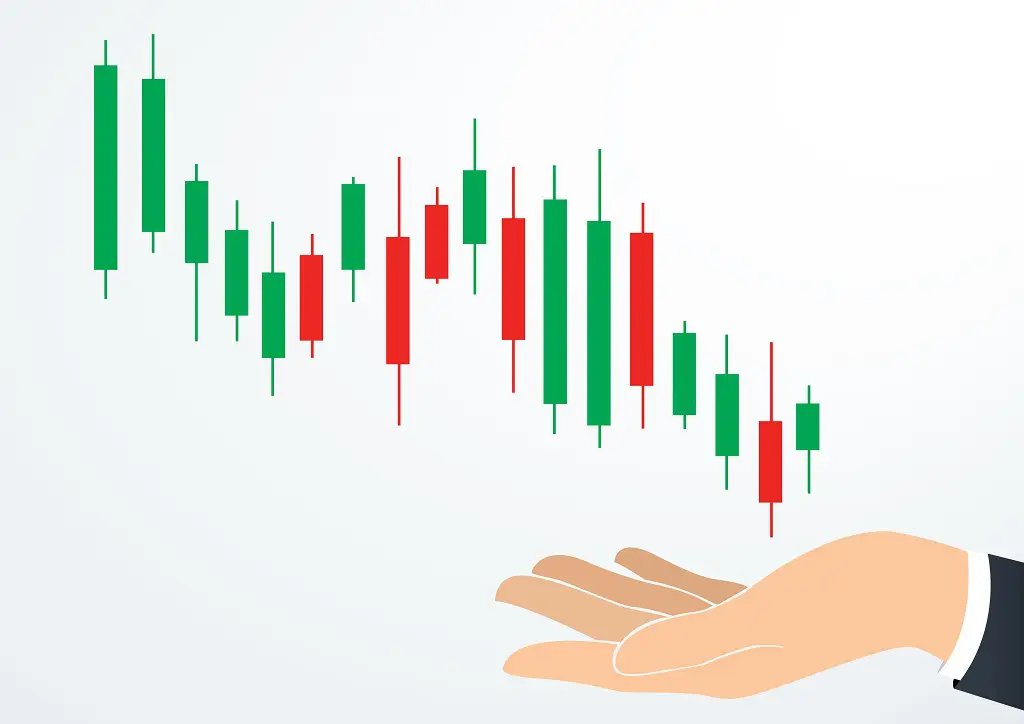Factors That Determine Share Prices in the Stock Market

Stock markets are highly volatile, owing to several factors that either push the share prices to spike high or push them down to the bottom. Like all other assets, the share prices are also driven by demand and supply factors from the other contributing economic factors. Stocks will have greater demand when investors have more earnings. Moreover, if there are more buyers of stocks than sellers, then the share prices will rise, and on the contrary, if the supply of stocks is greater than its demand, then the share prices will fall; this is as per the simple logic of the demand and supply concept. Here are some factors affecting share prices in the stock market that are discussed in detail.
How are prices of stock determined?
Demand and Supply Factors:
The Demand and supply of stocks prevailing in the stock market are the major determinants of the stock prices. If more buyers enter into the market, the prices will go up and vice versa. On the contrary, if the stock price of both demand and supply are equal, then the price will move around in a narrow range for a while, until one of the contributors (either demand or supply) outweighs the other, thereby determining the stock price whether it will go up or move down.

Demand Factors:
The demand contributors give value to the shares. If there is no demand for a company’s stocks, the company will have no value. Some of the demand enforcing factors that affect stock market inflation or deflation are:
1) Company news
Company news in any form, either good or bad, may affect the share price movement in the stock market. Both expected and unexpected news can affect the share price to swing both ways, either up or down. The stock performance is also determined by the performance of the entire industry that the company deals in. This is called the bandwagon effect when the news of the stock markets or other related markets affects various companies’ share prices. For example, investors may find securities and government bonds to be more profitable than investing in the share market. At this point of time, the share price of a company may fall drastically. On the other hand, if the investors feel that the government bonds are overpriced, they may again start investing in a company’s stocks, thereby increasing its demand. Consequently, the price too increases, and this is how stock prices are determined.
2) Market Sentiment
Market sentiment refers to the overall feeling that investors have about the stock market. The price of the stocks often depends on the mood of the investors. If they receive optimistic news about the share prices, then they are more likely to buy stocks. Understanding market sentiment is a powerful tool that the investors put to work. However, it can be entirely psychological sometimes, as investors are often influenced by their moods, instead of basing their decisions on concrete news or statistics. It can also be both subjective and assumptive but can be used to estimate changes in the stock prices. This is the reason why, even in the depth of the recession, share prices may rise to everyone’s surprise. As the investors always try to predict the stock market’s future to get more earnings, if they feel that the worst phase has subsided, there are chances that the stock market would rally even if the other fundamental conditions sprout back.
3) Economic Factors
Economic factors and government conditions may affect a company’s share prices in the stock market, both directly and indirectly. Contributors like changes in economic policies, inflation, deflation, interest rates, or even fluctuations in global economic conditions like surge in crude oil prices, war, or terrorist attacks may negatively impact the share prices. News of political instability, inflation, or deflation or higher interest rates in banks also threaten the stock markets, which also makes it difficult for the companies to follow robust economic policies, to boost the demand of their shares. Higher economic growth leads to more demand for various companies’ goods and services, which in turn helps to boost up their dividends and the share prices soar high. Similarly, lower interest rates help boost companies’ economic growth, thereby boosting better earnings prices. Also, lower interest rates demotivate the investors to save their money in banks because of the low interest in their savings; instead, they become more interested in investing in shares, thereby increasing the demand for stocks and consequently yielding to the spike in its price. The failure in the bond yields also encourages the investors to switch to stocks to earn better dividends. This gives a solution to how is stock price determined.
Supply Factors:

When supply exceeds the demand, the share prices fall, and more investors become inclined towards the selling of their holdings.The reverse happens when demands exceed supply. Here are some supply contributors listed below that can affect the prices of stocks immensely to gain earnings.
1) Buyback of company’s shares
In order to reduce supply, companies buy back their own shares from their investors. In the event of an announcement of buyback by the companies, the rebought shares are either canceled or kept aside for redistribution to the new investors in the future. Therefore, the total number of shares for distribution reduces, thereby increasing the price of stocks and also the company’s earnings per share or EPS.
2) Issue of new shares
Just as the buyback of shares, the issue of new shares also drastically affects the companies’ prices of stocks. When companies issue new shares, it tries to make it look more lucrative by keeping the number of shares limited for circulation, just to increase the demand for the shares. Eventually, the prices of stocks increase.
All the other contributors like the companies’ earnings ratio, employee layoffs, change in the management of the companies, or calls for mergers that contribute to the change in the stock prices in the share market are mere drivers of the demand and supply and fundamental contributors. Ultimately it is the demand and supply that affects the share prices in the stock market. For example, if the share prices rise significantly above the historical averages, then it implies that the stocks and shares are becoming overvalued and need correction sometimes in the future.
FAQs
-
How are prices of a stock determined?
Stock prices are determined by the demand and supply of stocks of a company. When demand exceeds supply, the stock prices will rise and vice versa and this is how the stock price is determined.
-
What affects the stock market the most?
Economic contributors like inflation or deflation, or change in government policies, are amongst the major contributors to the changes in stocks’ prices in the stock market.
-
What factors directly determine the market price?
The demand and supply of stocks directly determine the market price of shares.
-
What economic factors affect the stock market?
Inflation, deflation, peers’ economic strength, liquidity, trends, demographics, etc. are amongst the major economic contributors to the stock market prices.



